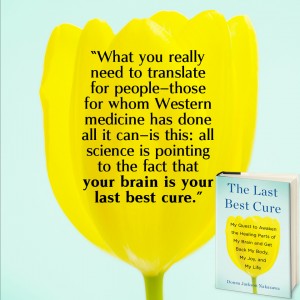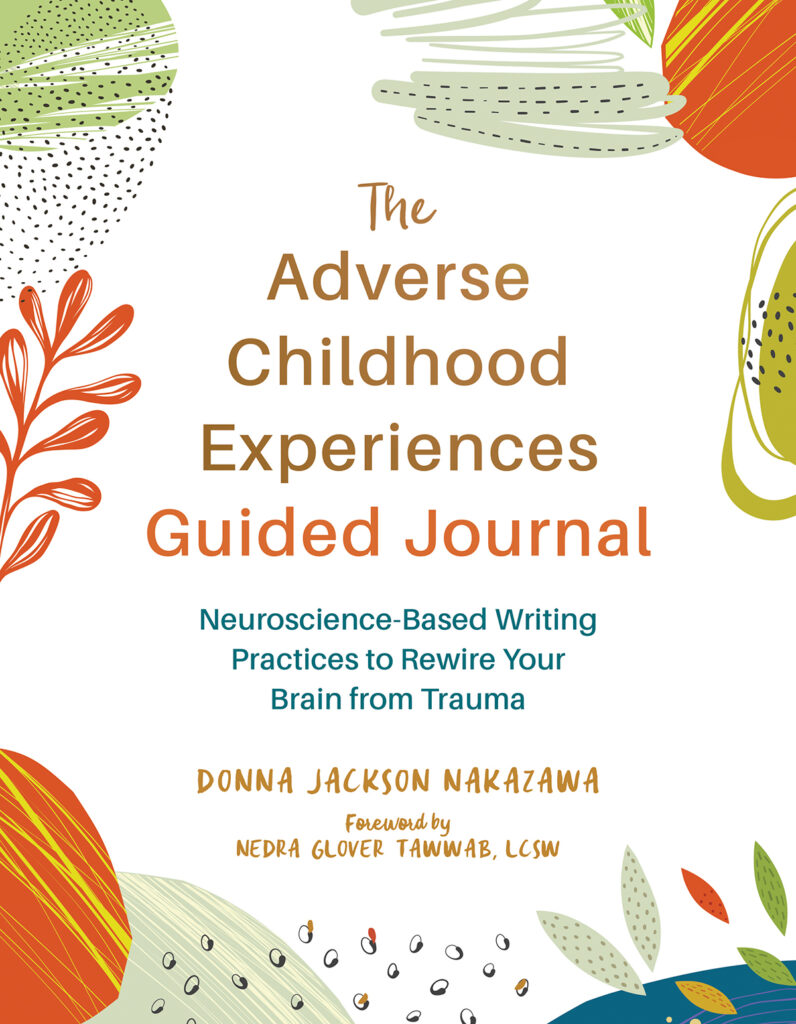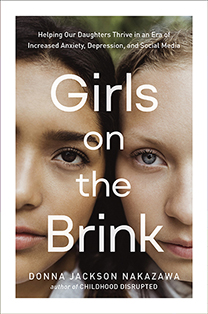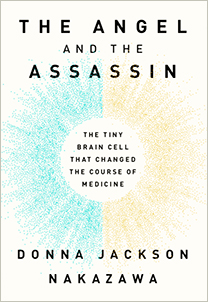
What is the direct relationship between letting our mind drift — ruminating about the past, worrying about the future, focusing on distressing thoughts, what’s going wrong, what isn’t fair, or what we’re afraid will happen next — and our cellular and physical well-being?
Although we can’t peer inside our cells in real time and see how mindful calm versus a racing mind have radically different health impacts, a new study published in the journal Health Psychology, sheds new light on the question. Researchers at U.C. Davis Center for the Study of Mind & Brain have conducted the first study which shows the direct relationship between using our mental resources to manage ruminating thoughts and stay with our immediate experience — and lowering our levels of the inflammatory stress hormone cortisol.
High levels of cortisol, a hormone produced by the adrenal gland, are, as we know, associated with physical or emotional stress. Prolonged release of the hormone contributes to wide-ranging, adverse effects — and are linked to every physical and mental disease imaginable.
Sometimes it helps me to remember what “stress” really is. Stress is really a euphemism for our thoughts. Our racing, self-flagellating, ruminating, resentful, could-have, should-have, wish-I-had, wish-I-hadn’t thoughts that catch us in their trance. Or what I call, in The Last Best Cure, the “Pain Channel.”
All too often we can’t get out of the Pain Channel’s trance. We can’t turn the Pain Channel off. We keep tuning into what it has to say, and as we do, those thoughts help promote the production of stress hormones and cytokines that are, in turn, linked to higher rates of depression, heart disease, autoimmune disease, you name it.
Other research tells us that in the lab, the negative cellular impact of stress hormones look a lot like the negative impacts of the toxic chemicals I wrote about in The Autoimmune Epidemic.
So, here is my reminder equation.
Stressed State of Mind = Pain Channel.
Pain Channel = damaging stress chemicals circulating in our body.
Damaging Stress Chemicals = what scientists call the “Negative Floating Brain.”
“Negative Floating Brain” = greater likelihood of emotional and physical health challenges.
Greater Health Challenges = more likelihood of being in a Stressed State.
This is not to say that our state of mind creates disease. That’s far too simplistic.There is so much at play — genetics, diet, environmental toxins.
But stress chemicals certainly add to our “barrel” of factors that work against physical and emotional healing. And even if moving away from the “Pain Channel” and the Negative Floating Brain doesn’t necessarily mean we overcome whatever physical challenge we face — turning down the “Pain Channel” volume can’t help but make us feel better, whatever chronic condition we’re up against. (For more on how I see that, see my OpEd for PBS’s online magazine, Next Avenue, called, “I’m Not Cured but I am Healed.”) (I really think the title should be, more accurately, “I’m not Cured, but I am Healing.”)
The practices that help us walk away from the Pain Channel and the Negative Floating Brain really do make a difference, and they are worth our time and our commitment.
For me, as a science writer, reminding myself of the science every day helps me remake the commitment to meditate, focus on mindful breathing, loving kindness, down dogging, laughter, nature walking…all of it. The science is my guide.
Post-doctoral researcher Tonya Jacobs PhD says that in the above study, researchers taught study participants attentional skills such as mindful breathing, observing mental events, and practicing cultivating benevolent mental states, including loving kindness, compassion, empathic joy and equanimity.
Individuals whose mindfulness scores increased showed a decrease in inflammatory disease-promoting levels of cortisol.
“The more a person reported directing their cognitive resources to immediate sensory experience and the task at hand, the lower their resting cortisol,” Jacobs says. She adds that training the mind to focus on immediate experience may reduce the propensity to ruminate about the past or worry about the future, the thought processes that have been linked to cortisol release.
We are all walking around listening to the Pain Channel way too much of the time. And we know that the negative floating brain damages our immune system and our cellular health.
The question is, what are we going to do about it?
In hopes that they might prove helpful, here are two upcoming offerings.
The first is being offered by the phenomenal health advocate Elisa Rodriguez, who is launching one of the first The Last Best Cure Virtual Book Clubs to discuss and encourage us all on the journey … I’ll be joining in for a one hour discussion. I’ll also be sending signed bookplates to participants. To learn more, see Elisa’s video here. I’ve spoken with her several times now, and wow, she is just amazing. The beauty of The Last Best Cure Virtual Book Club is that you can join from wherever you are, and Elisa has found a way to make it easy and accessible to all.
The second is an upcoming retreat by my own beloved teacher, Trish Magyari, whose work I feature in The Last Best Cure. Magyari will be teaching a one day “Befriending Yourself” Mindfulness Retreat” on Saturday June 15 at Baltimore Yoga Village in Mount Washington (Baltimore, Maryland) from 1-5pm. Trish is a life-changing teacher. If you can take this opportunity to work with her, do.
I hope to hear from you about your own efforts to stay on the path. What is working for you today?



















